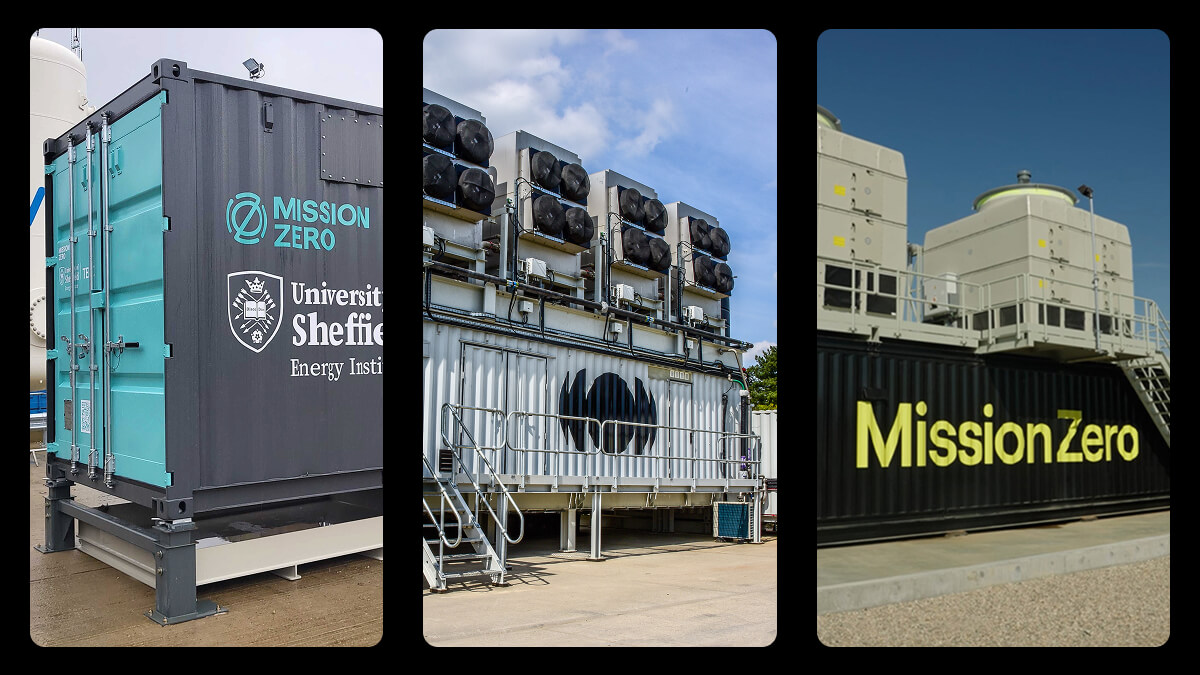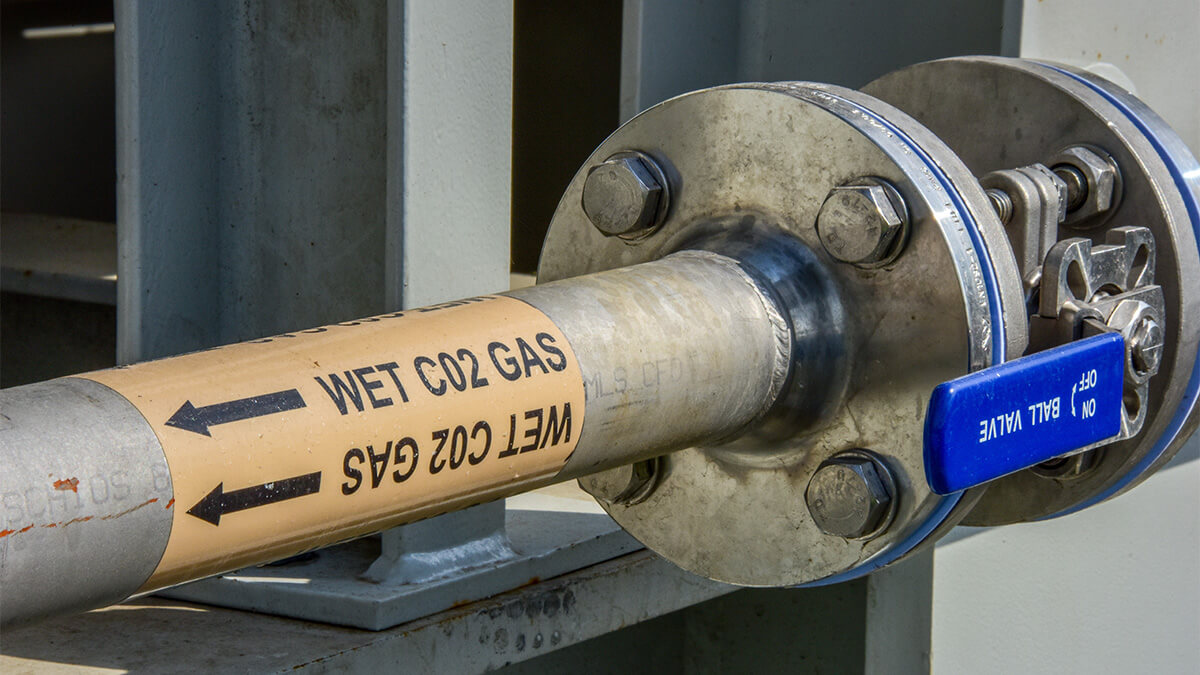
The UK government announced today through its inaugural DAC & GGR competition that a consortium led by Mission Zero has been awarded a £240,000 contract to carry out engineering design work for piloting a breakthrough direct air capture of CO₂ (DAC) technology by 2025. This is the first competition of its kind in the UK and is aimed at accelerating the development of early-stage technologies for removing greenhouse gases (gases such as CO₂ that contribute to global warming) from the atmosphere. The funding comes from the Net Zero Innovation Portfolio and is administered by the Department for Business, Energy & Industrial Strategy (BEIS).
Typically, direct air capture (DAC) requires significant amounts of heat and electricity and large commitments of capital, making the economics and commercialization timelines challenging. Mission Zero is disrupting the status quo with a modularized DAC technology that is projected to reduce both energy consumption as well as capture costs by over 4 times compared to today’s commercial offerings, with a roadmap to dropping below the $100/ton price point at commercial scales. “By commoditising CO₂ emissions”, says Dr Nicholas Chadwick (CEO, Mission Zero), “we can harness growth markets to combat climate change and align economic and environmental perspectives.”
Mission Zero is working alongside Optimus (Aberdeen) and O.C.O Technology and is supported by Equinor for this project, entitled DRIVE: Direct Removal (of CO₂) via Innovative Valorisation using Emissions. In Phase 1, this involves designing a 120 tons/year DAC pilot plant based on Mission Zero’s IP.
The study will also explore the pilot’s integration with various use cases, starting with O.C.O Technology who use CO₂ to valorise fly ash and produce carbon-negative building materials. This would be one of the first demonstrations of DAC integrating with a carbon-negative use case that both utilizes and permanently removes (sequesters) carbon (commonly known as CCU/CCS). Stephen Roscoe, O.C.O’s Technical Director, explains: “We are hugely excited to be part of this project. Successfully developing energy-efficient Direct Air Capture technology will be a huge step forward towards winning the war against climate change.”
The feasibility of integrating this form of DAC with the Humber decarbonisation cluster – where Equinor is a leading player – will also be explored at larger scales. Together, the 2-phase project is expected to bring Mission Zero’s DAC technology to commercial maturity by the end of 2024. “This project will demonstrate the industry partnerships needed to cement the UK’s position as CCUS world leaders – by bringing low-cost DAC into the future of carbon removal”, Chadwick added.
💡 More information on the BEIS Direct Air Capture and Greenhouse Gas Removal Technologies competition.








